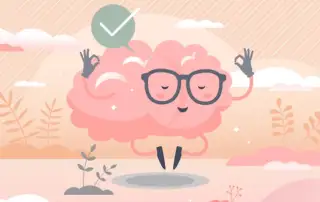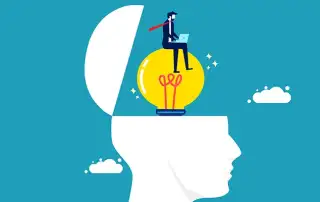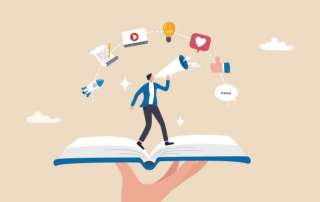3 mistakes to avoid while studying
Neuroscience has revealed that not all study strategies are created equal, and some traditional methods may even hinder your learning process despite being used for generations. To help guide you toward more effective learning, here are three common mistakes to avoid when you're in study mode.






